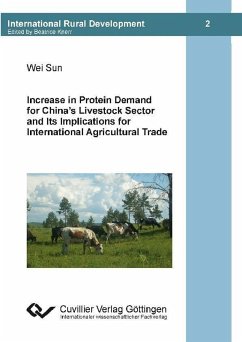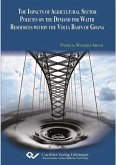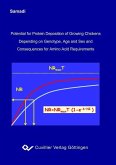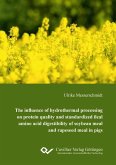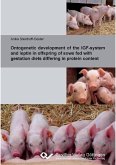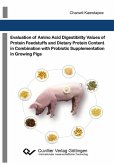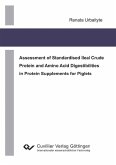The objectives of the investigation presented in this volume are to analyze supply,
demand, and trade of protein ingredients (oilseed meals, fi shmeal, meat and bone
meal) in China, as well as the infl uence of internal and external determinants and
changes in the macro-economic policies on these markets. The conceptual framework
used for that purpose is the basic structural model for analyzing agricultural
commodity markets. The defi cit status and trade situation of protein ingredients are
simulated within that framework. The results of the econometric analyses indicate
that supply of and demand for soybeans have become less-price responsive in China.
The relationships between livestock production and crush demand for protein
meals as well as their joint oilseeds turned out to be positive. There are constraints
on the expansion of soybean harvest areas in China, which is consistent with the
lack of suffi cient protein meals in the country’s livestock sector. Technical change, in
contrast, has a positive and signifi cant effect on China’s soybean production.
China’s WTO accession does not have a signifi cant impact on its soybean imports
according to this investigation; the rising livestock output is the main driving force
boosting them. China’s soybean imports have become sensitive to the price development
of price differences between the domestic and the world market. The regulations
on Genetically Modifi ed Organisms (GMO) and food safety policy potentially
have strong infl uence on the trade of protein meals and their joint oilseeds. The basic
scenario result indicates that China’s soybean import dependency rate will substantially
increase over the coming years.
Dieser Download kann aus rechtlichen Gründen nur mit Rechnungsadresse in A, B, BG, CY, CZ, D, DK, EW, E, FIN, F, GR, HR, H, IRL, I, LT, L, LR, M, NL, PL, P, R, S, SLO, SK ausgeliefert werden.

